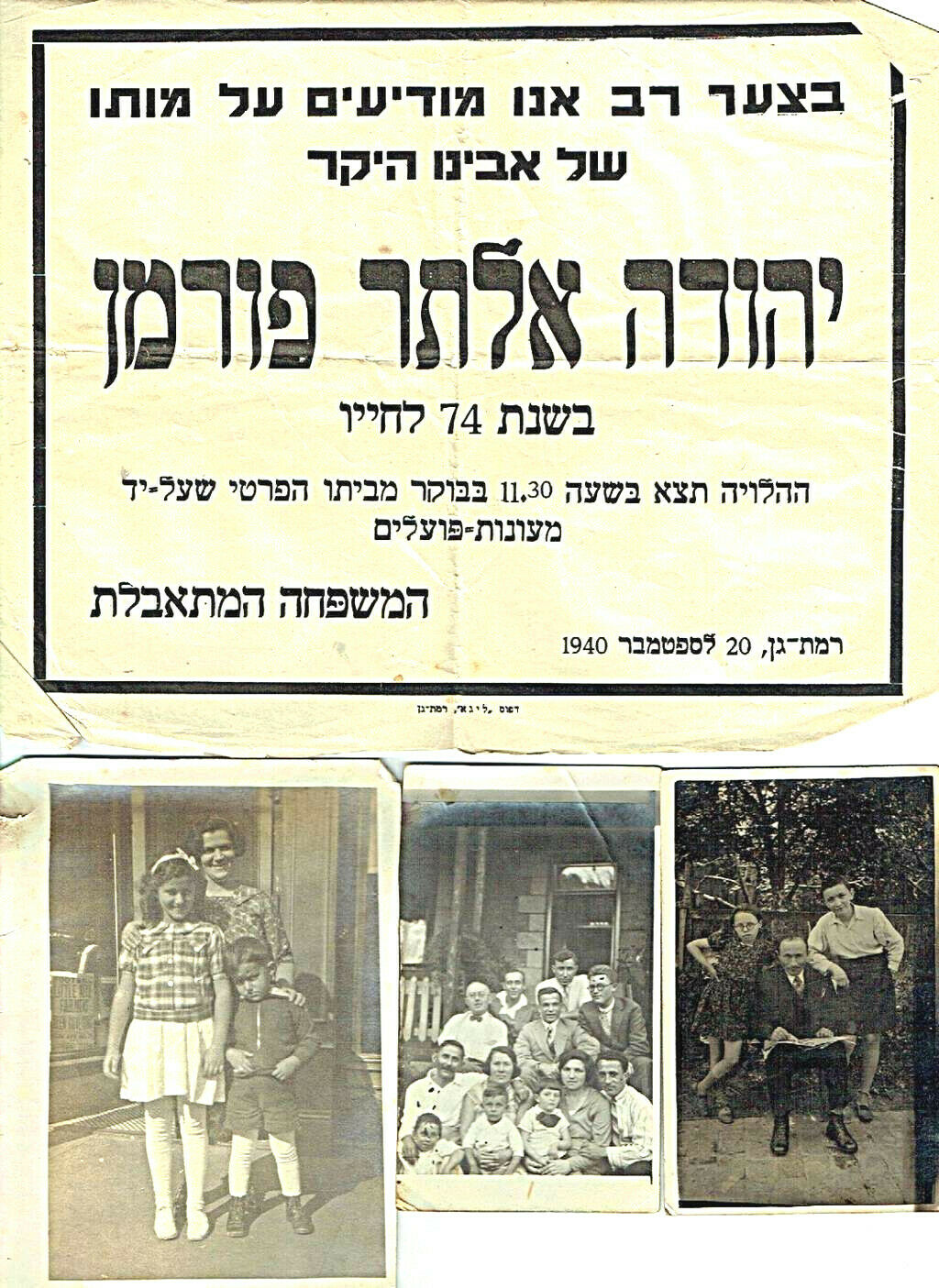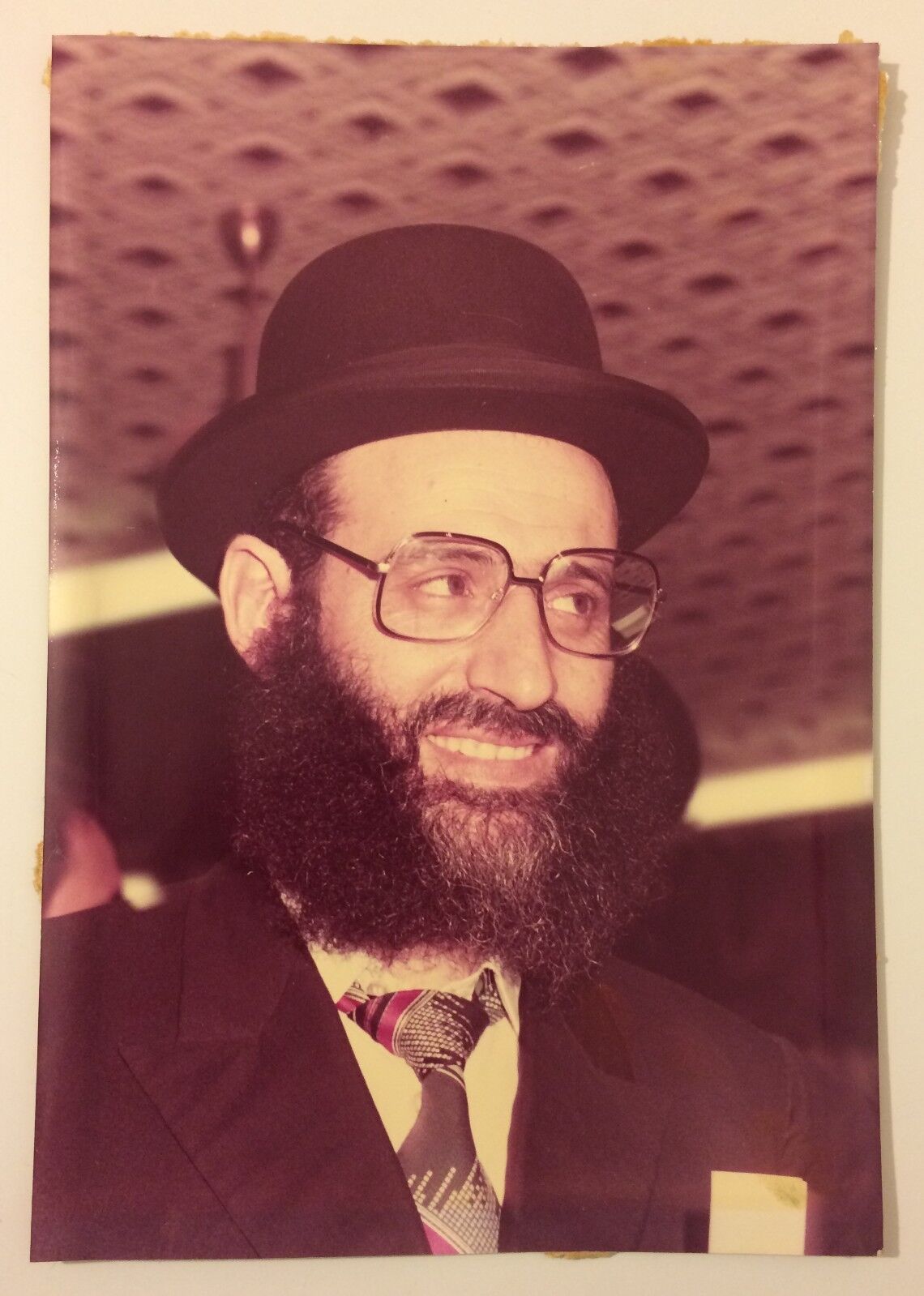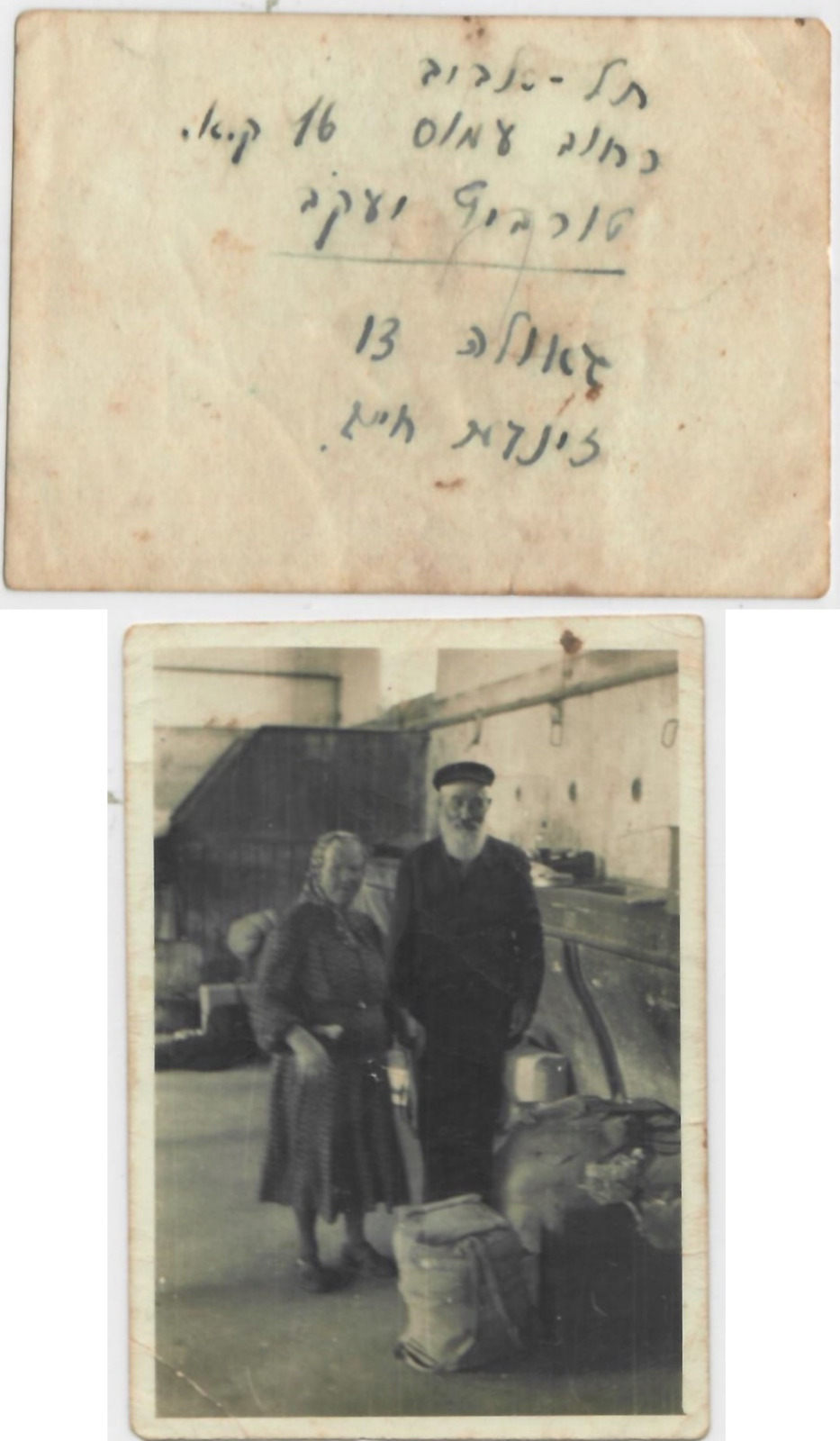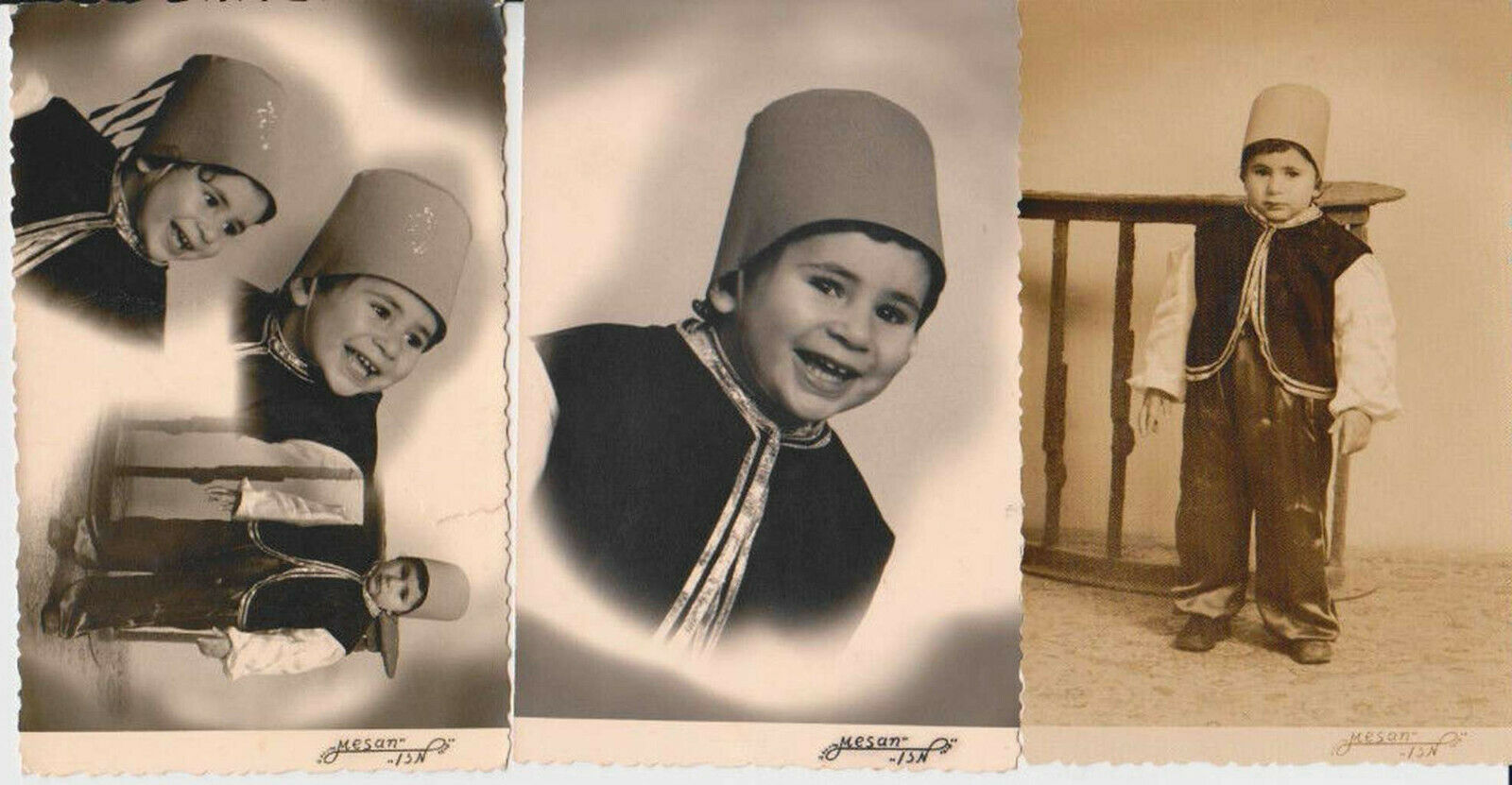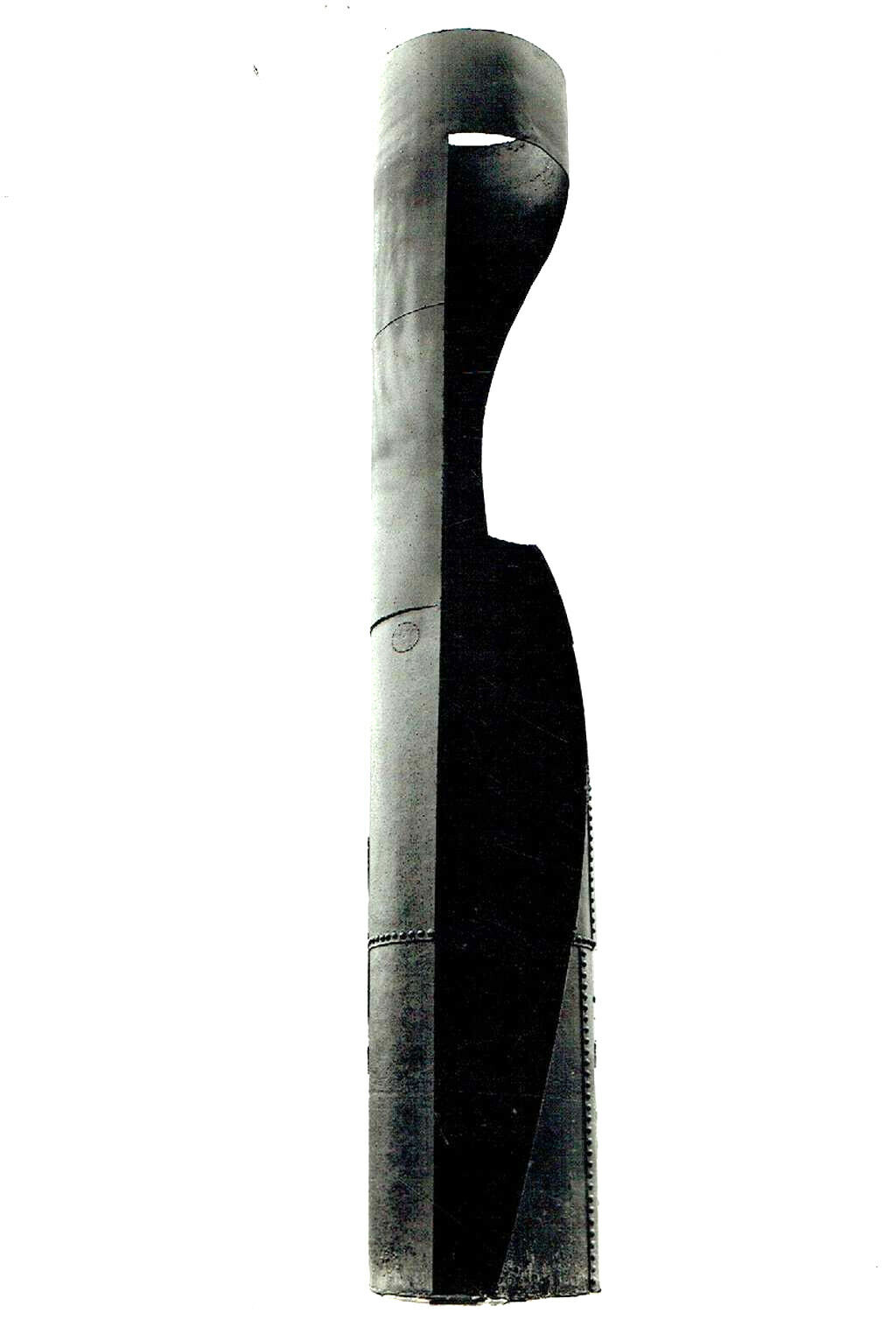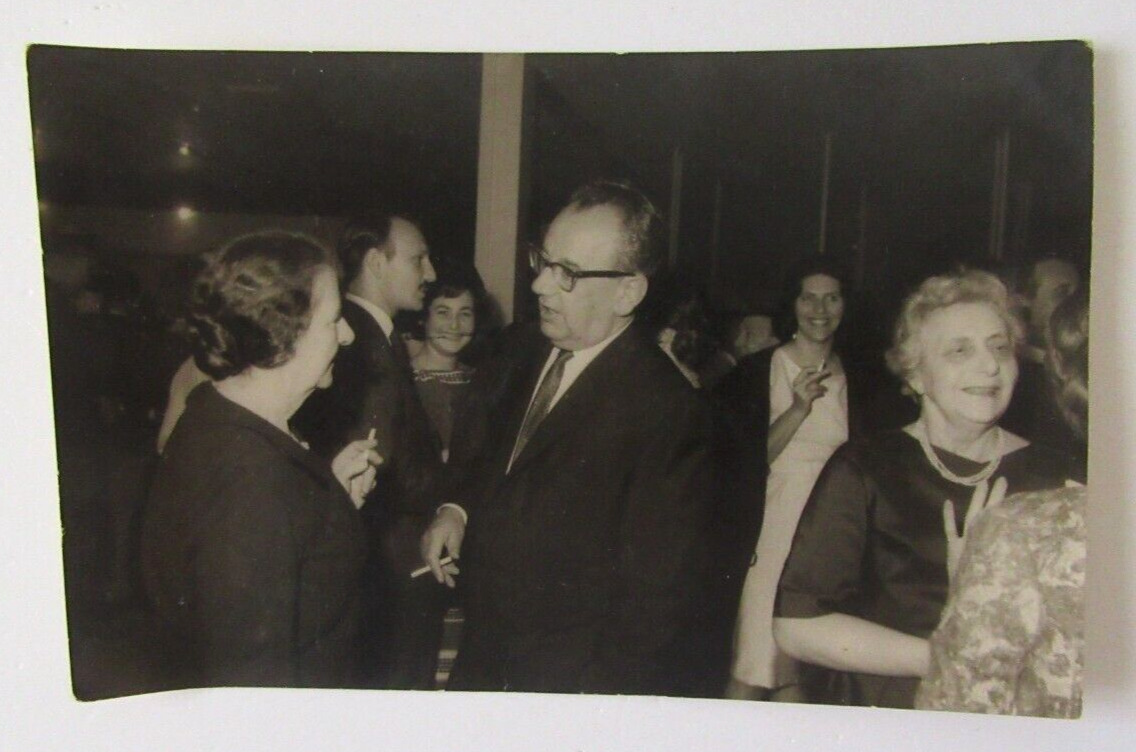-40%
ORIGINAL Vintage HEBREW POSTER Israel FLOWER OF MY SECRET Spanish ALMODOVAR FILM
$ 60.72
- Description
- Size Guide
Description
DESCRIPTION:
Here for sale is an ORIGINAL beautifuly illustrated almost 30 years old colorful ISRAELI Theatre FILM POSTER . The theatre poster for the prtemiere of ALMODOVAR SPANISH movie : "THE FLOWER OF MY SECRET"
(Spanish:
La flor de mi secreto
)
.
The poster was issued in 1995 by the Israeli distributers of the film for its ISRAELI PREMIERE - RELEASE . Kindly note : This is an ISRAELI MADE poster - Designed , Printed and distributed only in Israel
.
The COLORFUL poster is in very good condition. Printed on thin paper. Size around 28" x 38" ( Not accurate ). Very good condition. Used. Folding signs. ( Please watch the scan for a reliable AS IS scan ) . Poster will be sent rolled in a special protective rigid sealed tube.
AUTHENTICITY
:
This poster is an ORIGINAL vintage Israel-Hebrew-Jewish 1995 theatre FILM - MOVIE poster , NOT a reproduction or a reprint , It holds a life long GUARANTEE for its AUTHENTICITY and ORIGINALITY.
PAYMENTS
:
Payment method accepted : Paypal
& All credit cards
.
SHIPPMENT
:
Shipp worldwide via registered airmail is $ 25 . Poster will be sent rolled in a special protective rigid sealed tube.
Will be sent around 5-10 days after payment .
The Flower of My Secret (Spanish: La flor de mi secreto) is a 1995 film by Spanish director Pedro Almodóvar. It was the Spanish entry for the Best Foreign Language Film category at the 68th Academy Awards, but it was not selected as one of the final five nominees.[2][3] Contents 1 Plot 2 Cast 3 Reception 3.1 Accolades 4 Connections to later films by Pedro Almodóvar 5 See also 6 Notes 7 References 8 External links Plot[edit] Leocadia ("Leo") Macías, missing her husband, Paco, a NATO military official who is in Brussels for reasons related to the Bosnian War, puts on some boots he gave her, but they are too tight, and she cannot get them off. Unable to contact her housekeeper, she tracks down her best friend, Betty, who removes the boots. They have dinner, and Betty suggests Leo, who is a writer, contact Betty's friend Ángel, an editor at El País, and ask for a job writing about literature as a distraction. Ángel and Leo get along well, but when he asks her to review a new anthology of works by Amanda Gris, a popular writer of romance novels, she refuses and leaves his office. Ángel calls Leo to tell her he has read the pieces she gave him as examples of her writing and wants to publish one of her essays. Excited, she wants to talk to Paco, but her call wakes him up and he accuses her of being drunk before she can relay her news. Leo meets with her publishers to talk about her newest manuscript. They tell her it is unsuitably dark for an Amanda Gris novel and remind her that she has been contracted to write five romance novels each year with happy endings and without any social conscience, to be published pseudonymously, at Leo's request. The publishers threaten to sue her for breach of contract if she does not submit something in the required style, but she says she cannot write like that anymore. Frustrated, Leo writes an article belittling Amanda Gris and submits it to Ángel, who publishes it. Paco comes home on what is supposed to be a 24-hour leave, but, when he arrives, he is aloof and says he has to leave in two hours to go to Split.[a] Leo is upset, Paco accuses her of being selfish, and they have an argument, during which all of the problems in their relationship that they had agreed forget about until the conflict in Bosnia was over resurface. As Paco is leaving, Leo asks if there is any chance at saving their marriage. He says there is not. Left alone, Leo takes half of a bottle of tranquilizers. Leo is awoken by the sound of her mother leaving a message on her answering machine. She vomits up the pills and wanders into the streets, where she bumps into Ángel. When she wakes up in his apartment the next day, she learns that, in her compromised state, she told him that she is Amanda Gris. He agrees to keep her secret, so long as she does not try to kill herself again. When she gets home, Leo finds Betty waiting for her. Betty tells Leo that she and Paco have been having an affair, but she broke it off the night before when Paco came to see her after leaving Leo and she heard what happened. Leo's mother calls again to complain about Leo's sister, Rosa, with whom she lives, and say she is moving back to their old village, and Leo decides to go with her. Leo spends some time resting and reconnecting with her roots. One day, one of her publishers calls to say how pleased the firm is with Leo's two newest Amanda Gris novels. Somewhat bemused, Leo calls Ángel to ask if he wrote and submitted the works on her behalf. He says he did and, later, agrees to write the rest of the books on Leo's contract. Back in Madrid, after attending a dance performance created by Antonio, the son of her housekeeper, who danced in it with his mother, Leo returns to her apartment. Antonio comes to visit and tells her that he had taken advantage of her recent forgetfulness to steal some things to finance his show, among them a copy of her rejected novel, which is being made into a film. Leo, who had been worried she was losing her mind, like several of her female relatives before her, muses about the paradoxes of life and surprises Antonio by thanking him for giving meaning to her darkest months.[b] Revitalized, she visits Ángel and, pretending it is New Year's Eve, they kiss. Cast[edit] Marisa Paredes as Leo Macías Juan Echanove as Ángel, an editor at El País Carme Elías as Betty, Leo's friend Rossy de Palma as Rosa, Leo's sister Chus Lampreave as Madre de Leo (Leo's mother) Kiti Manver as Manuela, a nurse who works with Betty Joaquín Cortés as Antonio, Blanca's son Manuela Vargas as Blanca, Leo's housekeeper Imanol Arias as Paco, Leo's husband Gloria Muñoz as Alicia, Leo's publisher Reception[edit] On the review aggregator website Rotten Tomatoes, the film has an approval rating of 83% based on 24 reviews, with an average score of 7.00/10; the site's critical consensus reads: "The Flower of My Secret finds Almodóvar revisiting old themes in a new, more subdued key, yielding a slight but vivacious work that delivers the pleasure of a punchy novella."[5] Accolades[edit] Year Award Category Nominee(s) Result Ref. 1996 10th Goya Awards Best Director Pedro Almodóvar Nominated [6] Best Actress Marisa Paredes Nominated Best Supporting Actress Chus Lampreave Nominated Rossy de Palma Nominated Best Art Direction Wolfgang Burmann Nominated Best Makeup and Hairstyles Antonio Panizza, Juan Pedro Hernández Nominated Best Sound Bernardo Menz, Graham V. Hartstone Nominated Marisa Paredes won Best Actress at the Karlovy Vary International Film Festival, the ACE Awards, and the Sant Jordi Awards. Connections to later films by Pedro Almodóvar[edit] This section does not cite any sources. Please help improve this section by adding citations to reliable sources. Unsourced material may be challenged and removed. (July 2018) (Learn how and when to remove this template message) The opening scene of The Flower of My Secret, in which, during a class taught by Betty, two young doctors role-play trying to persuade a woman who is acting like a grieving mother to donate the organs of her dead teenage son, was used as the starting point of All About My Mother (1999). The novel in The Flower of My Secret that is rejected by Leo's publishers for being too dark and is then stolen and turned into a film has the same basic plot as that surrounding one of the daughters in Volver (2006): a young mother hides the corpse of her husband in a refrigerator after their daughter kills him because he tried to rape the girl. In The Flower of My Secret, Leo tells Ángel that she earned money reading and writing letters for her illiterate neighbors as a child, a detail from Almodóvar's own life that also appears in Pain and Glory (2019). Also, the title of the essay by Leo that Ángel wants to publish in El País is "Pain and Life", which resembles "Pain and Glory".[7] **** Pedro Almodóvar Caballero (Spanish pronunciation: [ˈpeðɾo almoˈðoβaɾ kaβaˈʝeɾo]; (often known simply as Almodóvar) born 25 September 1949)[1] is a Spanish film director, screenwriter, producer, and former actor. His films are marked by melodrama, irreverent humour, bold colour, glossy décor, quotations from popular culture, and complex narratives. Desire, passion, family, and identity are among Almodóvar's most prevalent subjects in his films. He came to prominence as a director and screenwriter during La Movida Madrileña, a cultural renaissance that followed after the end of Francoist Spain. His first few films characterised the sense of sexual and political freedom of the period. In 1986, he established his own film production company, El Deseo, with his younger brother Agustín Almodóvar, who has been responsible for producing all of his films since Law of Desire (1987). Almodóvar achieved international recognition for his black comedy-drama film Women on the Verge of a Nervous Breakdown (1988), which was nominated for the Best Foreign Language Film, and went on to further success with films such as the dark romantic comedy Tie Me Up! Tie Me Down! (1989), the melodrama High Heels (1991) and the romantic drama thriller Live Flesh (1997). His next two films, All About My Mother (1999) and Talk to Her (2002), earned him an Academy Award each for Academy Award for Best International Feature Film and Best Original Screenplay, respectively. He followed this with the drama Volver (2006), the romantic thriller Broken Embraces (2009), the psychological thriller The Skin I Live In (2011), and the dramas Julieta (2016) and Pain and Glory (2019), all of which were in competition for the Palme d'Or at the Cannes Film Festival. His most recent drama Parallel Mothers (2021) was nominated for two Academy Awards. Acclaimed as one of the most internationally successful Spanish filmmakers, Almodóvar and his films have gained worldwide interest and developed a cult following. He has won two Academy Awards, five British Academy Film Awards, two Emmy Awards, six European Film Awards, two Golden Globe Awards, nine Goya Awards, one award at the Venice Film Festival and four prizes at the Cannes Film Festival. In 1997, Almodóvar received the French Legion of Honour, followed by the Gold Medal of Merit in the Fine Arts by the Spanish Ministry of Culture in 1999. He was elected a Foreign Honorary Member of the American Academy of Arts and Sciences in 2001[1] and received an honorary doctoral degree in 2009 from Harvard University[2] in addition to an honorary doctoral degree from the University of Oxford in 2016 for his contribution to the arts.[3] Almodóvar also received the honorary European Film Academy Achievement in World Cinema Award in 2013,[4] served as the President of the Jury for the 2017 Cannes Film Festival,[5] and was awarded the Honorary Golden Lion at the 76th Venice International Film Festival in 2019.[6] **** The Flower Of My Secret Roger Ebert May 24, 1996 Powered by JustWatch Are the heroines of Pedro Almodóvar 's films often, in one way or another, stand-ins for him? That's a common enough critical theory, and if there's truth in it, then his “The Flower of My Secret” suggests intriguing possibilities. The Spanish director's new film tells the story of Leo, a woman who writes trashy but wildly popular romantic novels under a pseudonym. They pay well, but she despises them--hates them so much she adopts another pseudonym in order to write an article attacking them. Does Almodóvar feel the same way about his own career? I hope not, because his previous films, while uneven and not always successful, have at least exhibited a cheerful anarchic trashiness that would bring life to this new and more serious film. I was reminded while watching it of the Henry James story “The Next Time” about two novelists--a popular writer who wants to be serious but is not good enough, and a serious writer who wants to be popular but is simply too good. Almodóvar's strength lies in his popular entertainments, and perhaps he should get nowhere near drama except with his tongue in his cheek. Leo (Marisa Paredes), the film's key character, is rich because of her steamy potboilers, but not happy. Her husband Paco (Imanol Aris) believes there is no hope for their marriage, and we are inclined to agree since he has joined a peacekeeping mission to Bosnia simply to get away from her. Leo is depressed, drinks too much (“Drinking is all I am really good at”), tries to commit suicide, and discovers unhappy truths about Paco and herself. Almodóvar approaches her story through the stories of others. We meet Leo's ailing mother, and Leo's sister, who has sacrificed heron life to care for their unpleasant parent. We meet Leo's best friend, who is having a secret affair with Paco. We learn that Leo’s maid, one of the few pillars of her shaky existence, is about to bailout. The tone is set in an opening scene that seems real but turns out to be an educational film for potential organ donors. When these people meet, they talk and talk and talk. They weep, they wave their arms, they throw themselves onto convenient pieces of furniture. We have the materials here for a comedy, but not the willingness, and gradually the awful suspicion dawns that Almodóvar himself, like Leo, is tired of his success and despairs that his producers will ever let him do something “serious.” One must be grateful for the gifts one is given, and Almodóvar has been given irony and cynicism, hyperbole and irreverence. He does not seem to have been given seriousness and deep purpose, but then he has never needed them, until now. “The Flower of My Secret” is likely to be disappointing to Almodóvar's admirers, and inexplicable to anyone else. ***** 'The Flower of My Secret' In "Flower," Leo, a middle-aged woman who lives in Madrid and writes best-selling gothic novels under the pseudonym Amanda Gris, refuses to face the possibility that her husband, Paco, does not love her. While her husband-a conflict resolution specialist-works in Brussels, she lives for his phone calls. He's always distant in those conversations; and when he comes for a brief visit, which he abruptly cuts even shorter, she finally realizes the awful truth. She reaches for help from her best friend Betty, as well as her dominating mother. But after suffering even more traumatic revelations about her shattered marriage, Leo goes from bad to worse. Another complication occurs when Angel, a drunken, well-read publisher, hires Leo to write literary reviews for the local newspaper and falls unrequitedly in love with her. Her first assignment is to write a critique of the latest Amanda Gris novel. ebay5829 folder204












